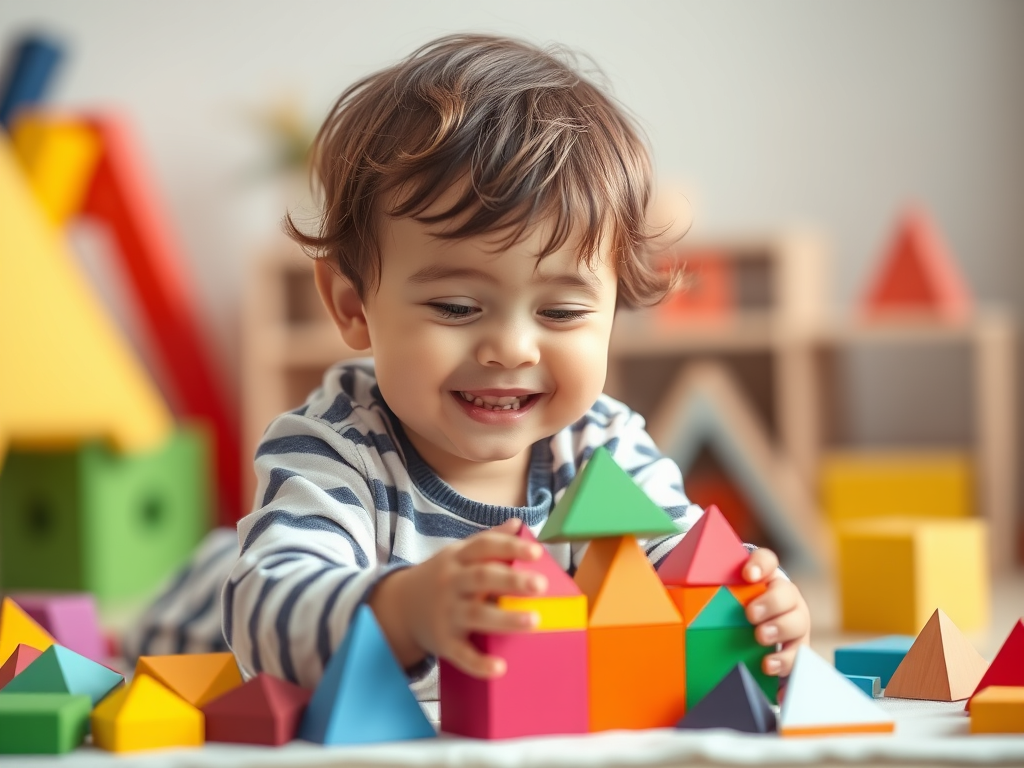As a parent, one of the most rewarding experiences is watching your child grow and develop into an independent individual. When my daughter was around 18 months old, I decided to start teaching her basic life skills to help foster independence and self-esteem. Starting young with concepts that are easy for toddlers to grasp can set a strong foundation for their future learning and development. In this blog post, I’ll share my experience and tips on teaching basic life skills to toddlers.
Teaching How to Clean Up Toys: Start by making cleaning up fun and engaging for your toddler by using simple commands and praise their efforts. Create a designated space for toys and teach them how to organize and categorize their toys (having a toy rotation will help your child not get overwhelmed). Encourage them to clean up after themselves and make it a part of their daily routine. Teaching your child how to clean up will promote independence and a sense of responsibility.
Teaching Scientific Names for Body Parts: You can use picture books, flashcards, songs, rhymes to make learning fun and engaging for your child. Reinforce learning by having your child point to body parts on themselves, a teddy bear or even on others.
Teaching Basic Colors: Using colorful toys or items to teach your child basic colors (red, blue, yellow, green, etc.) through play. For example, your child is playing with legos, as they pick up a blue block, you say “blue block” and do this consistently to help develop color recognition.
Shadow Matching and Simple Puzzles: Introduce the concept of shadow matching with free or paid printables from websites like Teachers Pay Teachers. This will help your child with gross motor skills, hand eye coordination and cognitive development.
Sign Language for Early Communication: Start by introducing simple signs that you can use daily like “more”, “eat”, “drink”, “finished”, etc. Constancy is key when it comes to teaching your child signs, they won’t get it right away but after a while they will start to recognize the signs when you do it. When their gross motor skills, fine motor skills and cognitive development are ready they will be able to sign themselves. When a young child is able to communicate with you it will help eliminate frustration.
Teaching basic life skills to young children is not only a valuable investment in their future but also a rewarding experience for parents. By starting young and using simple and engaging methods, you can help your child develop independence, self-esteem, and essential skills that will benefit them throughout their lives. Remember to be patient, supportive, and celebrate their progress every step of the way. My daughter now (age 3.5), can clean up her toys and put them where they go without assistance, she knows all the appropriate names for body parts, knew all of her basic colors early and she started to use words like “elusive” and “cooperate” around age 2.5-3. It is amazing the things children can learn when they are given the opportunity.
